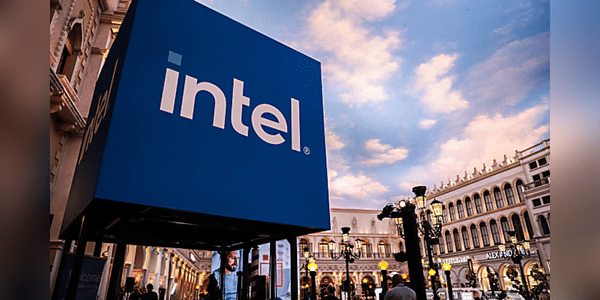Intel wins EU antitrust case and overturns billion-dollar fine
Tech giant Intel has won a major victory in a long-running legal dispute with the European Commission, with the European Court of Justice upholding a lower court's decision to overturn a huge €1.06 billion fine. The fine was imposed on Intel in 2009 for alleged abuse of a dominant position in the microprocessor market. Thursday's verdict brings to a close one of the longest antitrust cases in the history of the European Union.

Intel, the US semiconductor maker, won a key legal battle against the European Commission, which fined it €1.06 billion in 2009. At the time, the Commission claimed that Intel $INTC had used illegal commercial practices to restrict competition, in particular AMD, which was its main rival in the x86 microprocessor market.
According to the charges, Intel offered computer manufacturers such as Dell, HP, Lenovo and NEC significant discounts on its processors on condition that they would favour its products over those of its competitors. This practice, according to the…